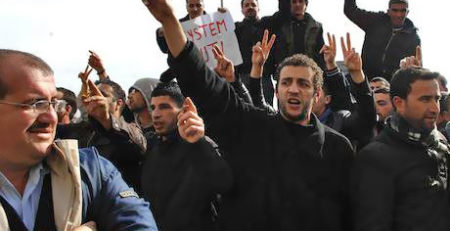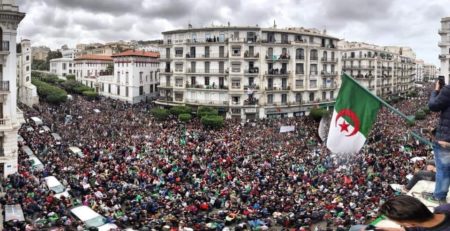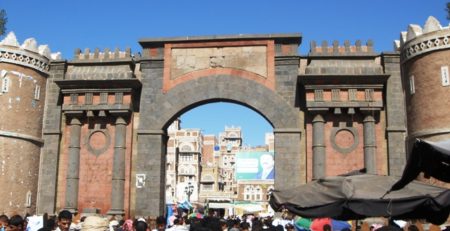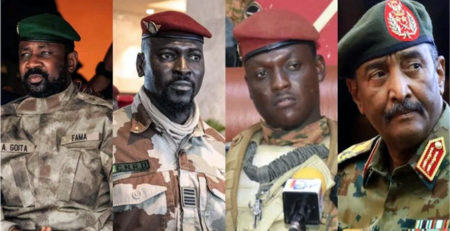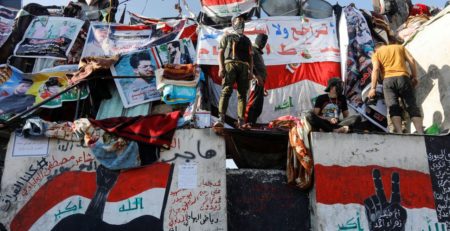Tunisia: The context and its Challenges

The experience of the democratic transition since the 2019 presidential and legislative elections has been one of clear political decline that threatens the entity of the state in its most important achievements and the most salient aspects of its effectiveness…
By Ahmida Ennaifer and Maher Zoghlami
By Ahmida Ennaifer and Maher Zoghlami
The experience of the democratic transition since the 2019 presidential and legislative elections has been one of clear political decline that threatens the entity of the state in its most important achievements and the most salient aspects of its effectiveness. This disintegration is taking place with the separation of governance from social reality due to several intertwined factors, including those related to the disappearance of the actions of constitutional institutions, those related to the erosion of the culture of statecraft and democracy, and others revealing the disruption of the public political field.
Since the dissolution of parliament and the dismissal of the government on 25 July 2021, based on a controversial interpretation of the meaning of Article 80 of the Tunisian constitution, the political scene in Tunisia has been in a countdown in which the official institutions have blurred the vision of the state. This was the result of the suspension of the 2014 constitution and the destabilisation of democratic life through an attempt to centralise power completely, causing thereby the political and civil field to lose all its norms.
What the researcher must not lose sight of in analysing the significance of the 25 July 2021 moment is what paved the way for it and what enabled it to bring about change. The significance of this moment reveals the depth of the political, social, economic, and psychological dilemma, which has reduced to failure any attempt to prevent the decadence of the political scene, which despises pluralism and rejects the democratic path.
At the heart of the problem
The nature of this dilemma lies in the fragility of the democratic culture after ten years of revolution, embodied in three major obstacles: (1) The fragmentation of the political class and its inability to engage in an effective participatory process; (2) The political and civil arena crowded with “outsiders” unable to learn the culture of political action and its generally accepted rules; (3) The failure of existing formal institutions to manage cultural and political pluralism, which has exacerbated identity and social division, highlighting the nature of the central state and its inability to achieve development and justice.
From these failures, the phenomenon of corruption has spread to the legislative institution, as well as to the executive and eventually judicial institutions, which has undermined the project of a social contract between the state and society that the revolution had paved the way for, and whose construction is not yet complete. Thus, it has not been possible to launch profound reforms that would allow for sustainable development, a high value-added economy and general welfare, since the quality of life is conditional on achieving institutional construction and political stability.
Furthermore, the political elite has not succeeded in its political action, which has led to its fragmentation due to its loss of the rational knowledge base that builds political visions and develops the conceptual capacities on which programmes and projects are based. The loss of this rational knowledge base has prevented the creation of a common social and cultural base, which contributes qualitatively to bridging the different divides towards a common national construction to which all forces contribute, far from factionalism and exclusion.
The future, an alternative narrative
The challenge posed by the current dilemma is how to overcome the destructive conflict of antagonism between elites, and how to contribute to rebuilding trust between the public and the cultural, intellectual, political and economic elites. The question is how to converge around a ‘future vision for Tunisia’ with an alternative narrative that recognises the need for a historical compromise or settlement without which citizenship, sovereignty and justice are meaningless.
The basis of this alternative narrative for Tunisia is the plurality and difference within it and in relation to its recent and distant past, its Arab, African and Mediterranean components and its path. Indeed, it is not possible to build internal national policies unless one diagnoses the regional and international situations and has a precise vision of them. On the other hand, Tunisia’s foreign policy cannot be effective without achieving the desired historical settlement on the internal level.
Three challenges can contribute to the establishment of this alternative narrative: (1) The challenge of training new elites by developing political-civilisational/value thinking, especially among young people; (2) The challenge of raising awareness of the individual by representing the needs of the global situation in terms of strategic and environmental requirements; (3) The challenge of a social positioning that realises the value of active solidarity, capable of creating wealth and consolidating the value of creative work.
These are the components of the “generational transition” project that builds the shared capital with a different political culture, reviewing experiences of difference and overcoming the danger of inheriting and reproducing the old conflict. The basis of this project is the “rationalisation of political action” through the implementation of a number of activities that combine analytical studies, seminars and policy dialogues to bridge the gap, training, coaching, networking and partnerships.






